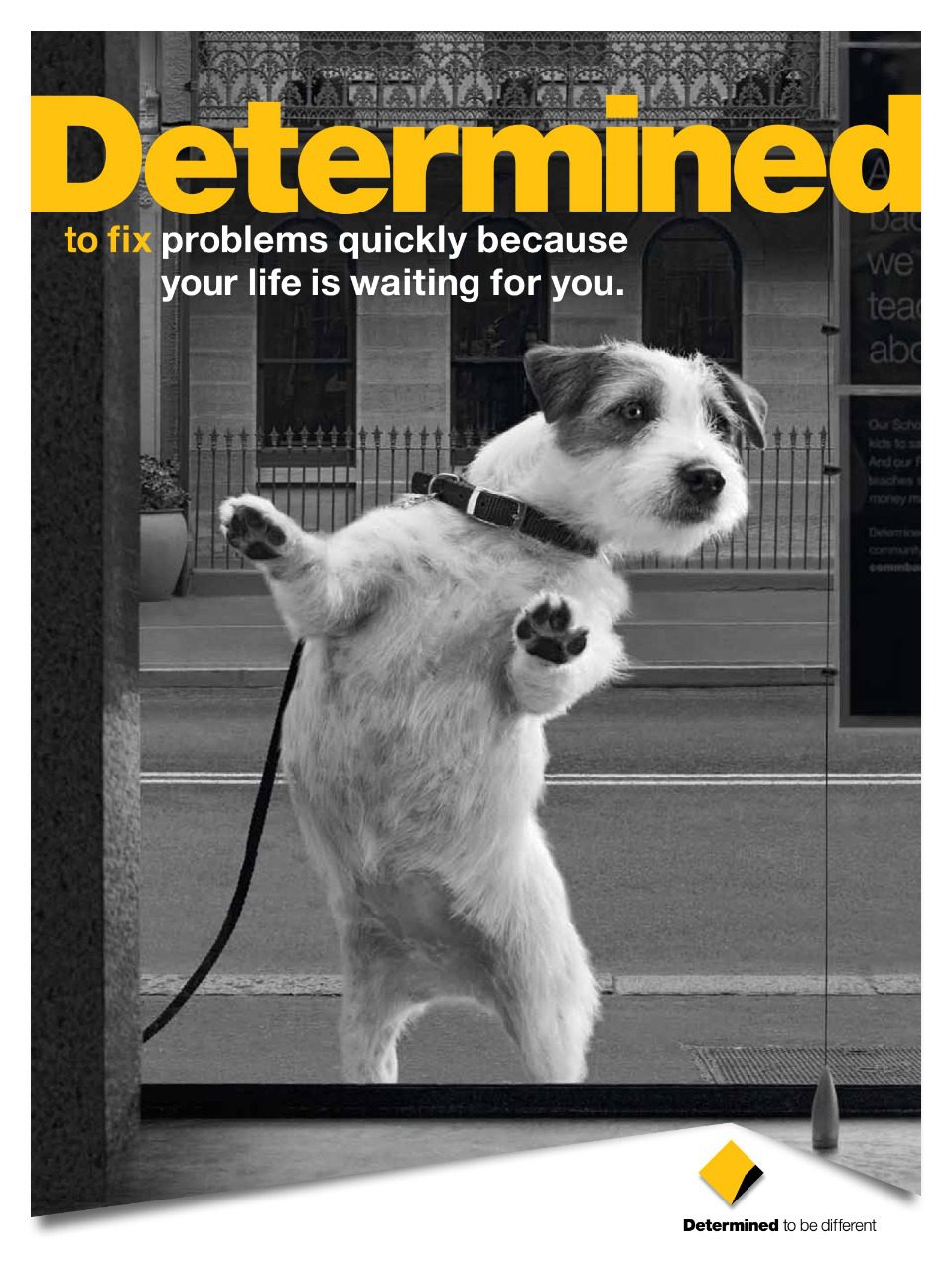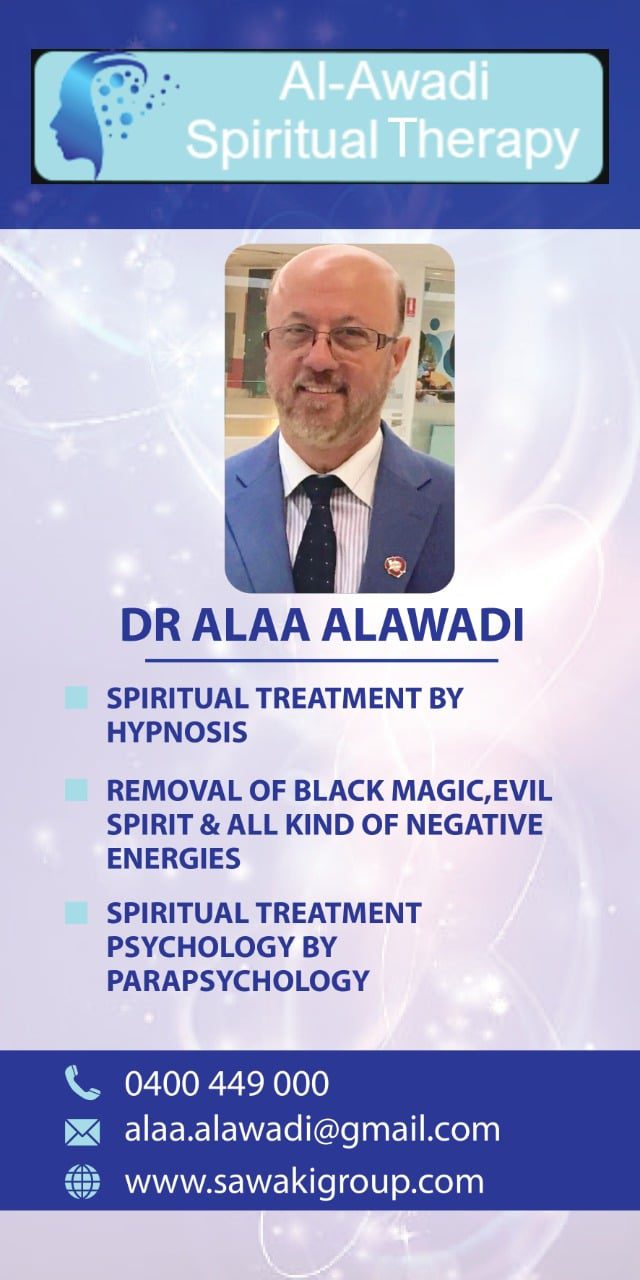NSW has issued a health alert after confirming the first case of measles in the state in more than two years.
There are several health alerts for several public venues across Sydney, including a church, a shopping centre and a university campus.
NSW Health said the confirmed patient, a person in their 50s, caught the deadly virus while travelling in Asia in August. Symptoms developed after they returned to Sydney, and the person is now in isolation in a NSW hospital.
It is the first confirmed measles infection in NSW since February 2020.
After becoming unwell, the patient spent time in several public locations in Sydney. In shades of the early days of the COVID pandemic, health alerts have been issued for all four venues:
- St Andrew’s Catholic Church, Malabar for mass, Sunday, September 4, at 10.30am;
- Tyree Energy Building, University of NSW on Tuesday, September 6, all day;
- Lounge Restaurant, University of NSW on Tuesday, September 6, 12.15-2pm;
- Pacific Square, Maroubra, on Wednesday, September 7, 9-11am
NSW Health executive director of health protection Dr Jeremy McAnulty said the locations posed no ongoing risk. But he urged anyone who might be susceptible to measles and was at any of those places to remain alert for symptoms until September 24.
Those who might be susceptible include people who have not had two lifetime doses of measles vaccine, a confirmed history of measles infection, or who have a weakened immune system.
Measles is highly contagious and is spread in the air through coughing or sneezing by someone who is unwell with the disease.
Symptoms include fever, sore eyes and a cough followed three or four days later by a red, blotchy rash spreading from the head and neck to the rest of the body.
“If you develop symptoms, please call ahead to your GP to ensure you do not wait in the waiting room with other patients,” Dr McAnulty said.
“This incident highlights the importance of ensuring that all people able to be vaccinated have received two doses of measles vaccine, particularly prior to overseas travel, as measles outbreaks are occurring in several regions of the world at present.
“Maintaining high rates of measles immunisation within the community reduces the risk of measles being imported into Australia by returned travellers, and through herd immunity, reduces the spread of the virus locally if it is introduced.”
Dr McAnulty said herd immunity provided protection to those unable to be vaccinated, including infants and those with weakened immune systems.
“The measles-mumps-rubella vaccine is safe and effective protection against measles. It’s free for anyone born during or after 1966 who hasn’t already had two doses. If you’re unsure whether you’ve had two doses, it’s safe to have another,” he said.
Last June, NSW Health reported a case of measles in a Victorian resident who visited the border region while unknowingly infectious. It was one of two cases in Victoria that prompted a similar health alert from its health authorities.
At the time, Victorian chief health officer Brett Sutton said most people born before 1966 would have been exposed to measles in childhood, and would therefore be protected.
“This means if you are an adult born in or after 1966, especially if you are planning travel overseas, you may be susceptible and should contact your GP to get vaccinated – and a free measles, mumps, rubella vaccine is available,” Professor Sutton said.
Victorian health officials said there had been an increase in measles cases globally, including large outbreaks in Europe, Asia and the Americas.
The post Public health alert in NSW after confirmed measles case appeared first on The New Daily.

















